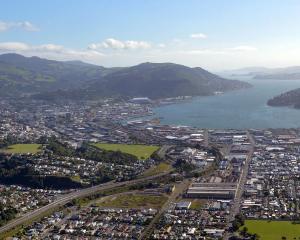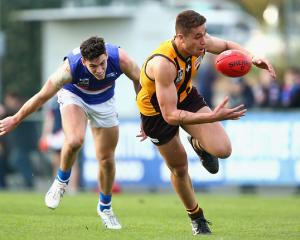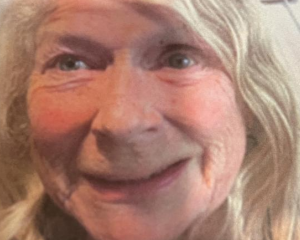Christchurch City Council is considering legal action to remove Occupy Christchurch protesters from South Hagley Park.
A report from staff will be considered at next Thursday's council meeting, recommending a legal move to stop people from "camping illegally'' in the city centre park.
Mayor Bob Parker says the protesters have been illegally occupying a public space since October 2011 and the council must consider the rights of all residents when deciding what action to take.
He said: "We have received complaints about the protesters from other members of the public and there have been issues raised by the neighbouring Canterbury District Health Board.
"I understand that citizens have a right to protest, but in this case they are illegally occupying a site in breach of a bylaw.
"Council staff spoke with the protesters late last year to explain the situation and ask them to leave. They told us they would not be moving.
"We must now consider further action - in light of issues raised by other residents, perhaps it's time to say enough is enough.''
Parker added: "I had been planning to meet with protesters early next week to discuss the issues, however events have overtaken this meeting and it is no longer appropriate ahead of the council discussions.
"I have informed the protest organisers that the Council will consider the issue next week and explained their right to make a deputation to that meeting.''
South Hagley Park is vested in the council as a recreation reserve for the purpose of recreation activities for the enjoyment of the public.
The council's Parks and Reserves Bylaw 2008 provides that no person may, without the prior written permission of an authorised council officer, place signs there or camp.
Parker says: "As the protesters have not been authorised to camp there, they are committing an offence and this is what the council will consider next week.''
He cited similar action taken by councils in Auckland, Wellington and Dunedin and said staff had been monitoring the outcomes of other cases before recommending a course of action in Christchurch.
"We were particularly interested in the legal outcome of the Auckland Council's application to the High Court to stop the campers from breaching a bylaw,'' Parker said.
"The High Court decision was that the bylaw did not breach the Bill of Rights; it found that there was no fundamental human right to camp in a public place without a permit. This satisfied us that we would not be in breach of the Bill of Rights by removing the protesters.
"Some people have contacted me and asked why the council has not already taken action; I think that a measured approach has been taken in this situation and good process has been followed.
"We have also had many busy months addressing the city's earthquake recovery needs, which must remain the number one priority for this council.''












